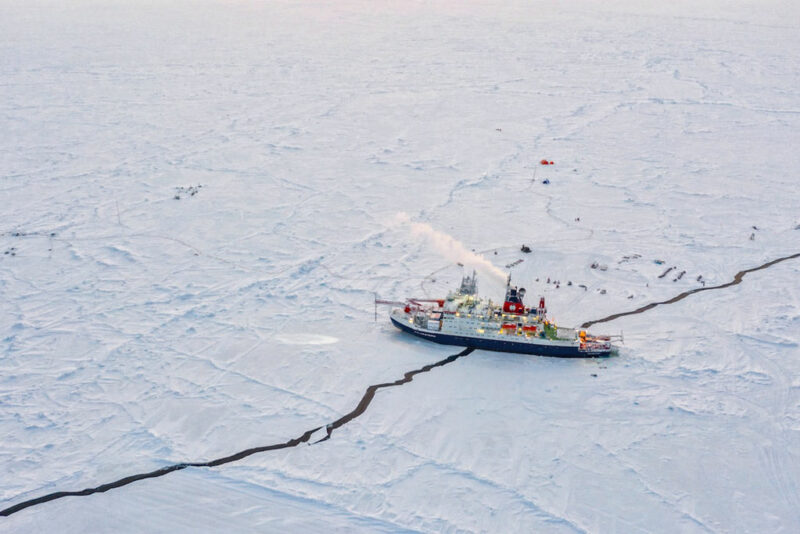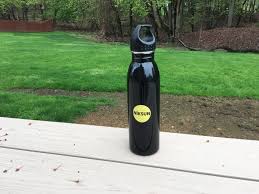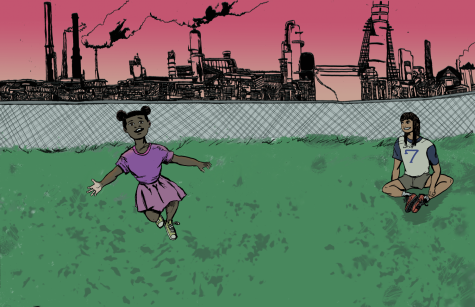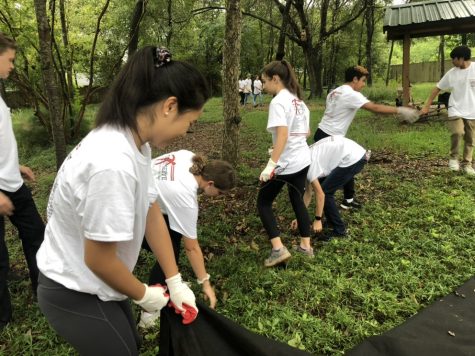Students criticize new Willow Project
Creative Commons (Manuel Ernst)
On March 13, the Biden administration approved the Willow Project, a controversial decision because of its environmental implications.
May 3, 2023
Proposed by ConocoPhillips, one of the world’s largest independent oil and gas E&P companies, the Willow Project is a three-year plan to drill for oil in Alaska’s North Slope. Lawmakers claim the project will increase energy production and job opportunities for Alaskan Natives, yet environmentalists claim that the project fails to consider the detrimental effect on the surrounding environment.
The project is predicted to release 9.2 million metric tons of carbon dioxide into the atmosphere—the equivalent of adding two million cars to the roads. The mass extraction of oil will also result in the emission of almost 260 million metric tons of carbon dioxide over the next 30 years.
In 2021, the Trump Administration approved the project before a federal judge reversed it due to flawed environmental analysis.
“One of Biden’s promises was to not open a new oil drilling reserve, so passing this project would also undermine his climate credibility,” junior Ava Mostyn said.
Biden’s climate credibility has also declined substantially across numerous social media platforms, creating a movement against his decision. With over fifty million views on TikTok alone, the popularity of videos with #StopWillow exploded as the decision approached day by day.
“It’s important to understand the U.S. government plays a crucial role in regulating factors that contribute to climate change. It isn’t solely the big corporations’ obligation to regulate themselves,” Mostyn said.
The National Petroleum Reserve, the site in which the project will take place, is a 23-acre area set aside as an emergency oil Navy reserve in 1923. It is also southeast of the Teshekpuk Wetlands, a safe haven for several threatened and endangered species.
Several local species also face a threat, where polar bears are threatened by extinction. The project will harm caribou herds, which are used by the Gwich’in and Iñupiat indigenous groups for traditional uses.
Once the project begins, the general arctic environment will also be at an increased risk and may expedite the melting of arctic habitats, such as permafrost and sea ice.
Support for the project relies on its much needed economic boost and new source of revenue for the region. With the approximate 600 million barrels of oil produced to be used for energy production, the need for oil is at an all-time high after Biden put sanctions on Russia’s oil coming to the U.S.
“The invasion of Ukraine offered a very sad but valid opportunity for us to make the switch to renewable energy because it showed how much we rely on oil, and a lot of countries have been making that switch,” Mostyn said.
“The approval is a regression for the climate movement, especially with the amount of environmental damage it would cause.”
While a more creative approach to obtaining natural resources would be received much better by the public, the U.S. is no stranger to this disruptive concept of drilling, but for biology teacher Emily Reppart, it is still worrying.
“When a new project that’s this disruptive is approved, it makes me worried that we’re not exploring or investing enough time, ideas and resources into alternative methods that are really going to be what our world will depend on long-term,” Reppart said.
When trying to help with environmental effects that result from projects like The Willow Project, the first step is staying informed and helping communities become aware of what is happening around them and how they can get involved.
“Just being mindful of your own actions, being mindful of the resources that you’re using, what you’re wasting, what you’re not wasting. Every time that you use paper, don’t throw it in the trash, throw it in the recycling. The recycling helps to reduce the impact of the plastic you are using,” said Hammad Younas, president of ECOS.
Reppart encourages students to continue advocating for their environment.
“It’s okay to feel like we’re exhausted from trying because it feels like we are constantly trying, but just try to take a break. Take a breath and re-engage when you have the motivation and the passion because it is making a difference whether you realize it or not,” Reppart said.


















John huschle • May 3, 2023 at 1:53 PM
It amazes me how someone who has never been their can say how it effects the caribou and the surrounding environment. I spent 35 years working on the up there and trust me it definitely doesn’t affect the caribou and wildlife. In fact I’ve seen herds of caribou move onto drill sites to get away from the bugs and stop some operations temporarily. Bears have come on sites along with geese and foxes. So maybe you should go see what’s happening before passing out false info.
As far as climate change goes it’s been going on sense the beginning of time. The earth goes through cycles and will continue to go through cycles no matter How much you try to change it. The earth is fine it’s the people that are screwed up .